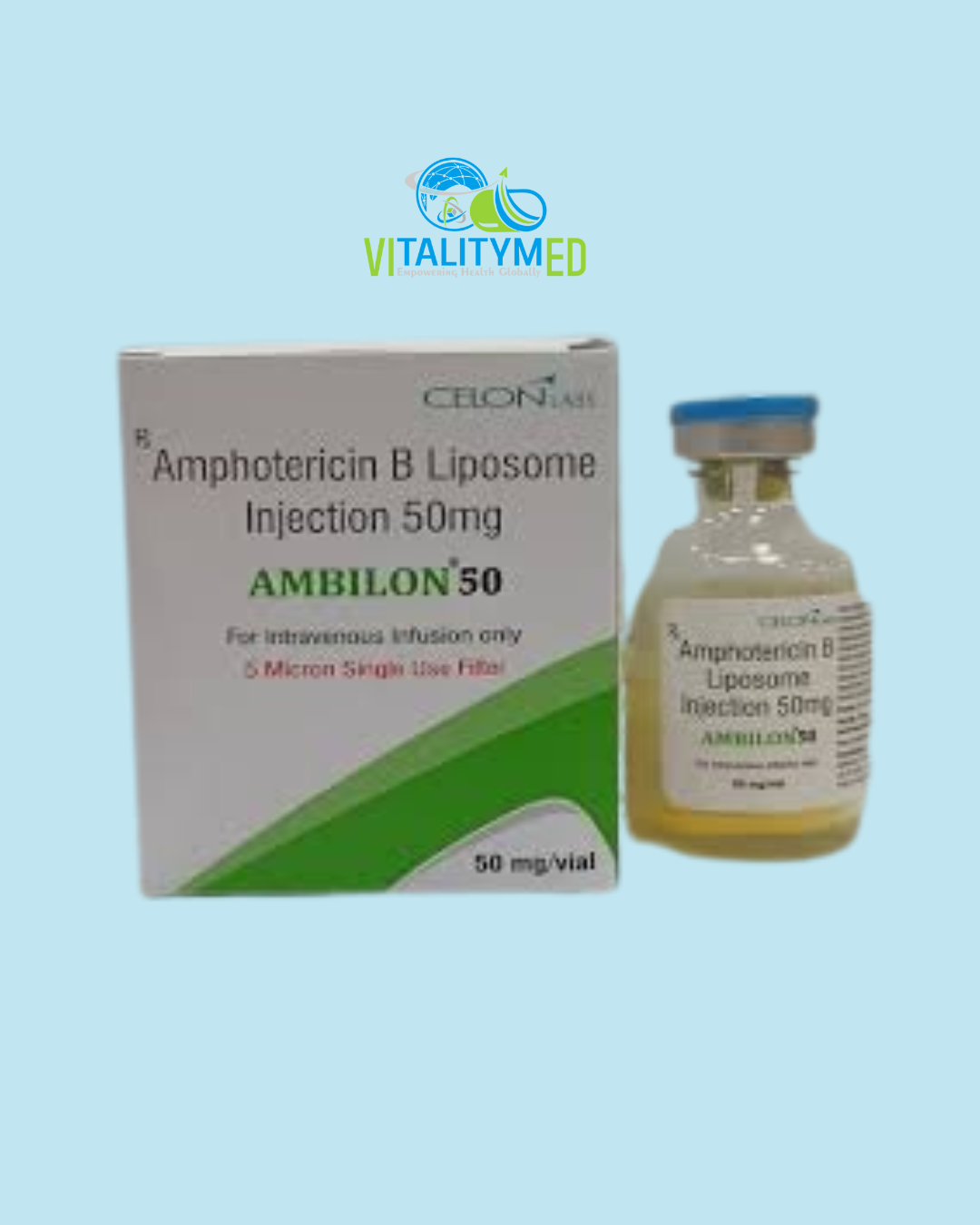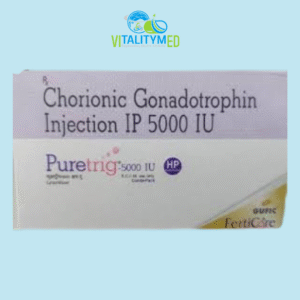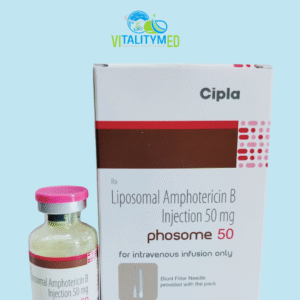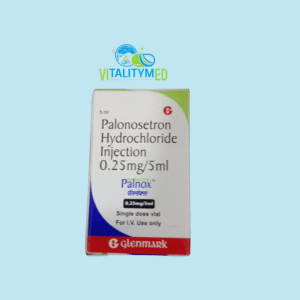Ambilon contains Amphotericin B, a powerful antifungal medication used to treat serious and potentially life-threatening fungal infections. It is often reserved for severe systemic infections that do not respond to other antifungal treatments. Amphotericin B is available in both conventional and lipid-based formulations, depending on the patient’s condition and tolerance.
Mechanism of Action:
Amphotericin B works by binding to a substance called ergosterol, which is an essential component of fungal cell membranes. This interaction disrupts the membrane integrity, causing the fungal cell to lose important molecules and eventually die.
Because human cells do not contain ergosterol, Amphotericin B targets fungal cells selectively, although some toxicity to human cells can still occur.
Uses:
Ambilon is typically used for the treatment of:
-
Systemic fungal infections such as candidiasis, aspergillosis, cryptococcosis, histoplasmosis, and mucormycosis
-
Fungal meningitis, particularly cryptococcal meningitis in immunocompromised patients
-
Leishmaniasis, a parasitic disease, in some specific cases
-
Often used in patients with weakened immune systems, such as those with HIV or undergoing chemotherapy or organ transplantation
Adverse Effects:
Common side effects:
-
Fever, chills, or shivering during or after infusion
-
Nausea, vomiting, or loss of appetite
-
Headache or muscle pain
-






